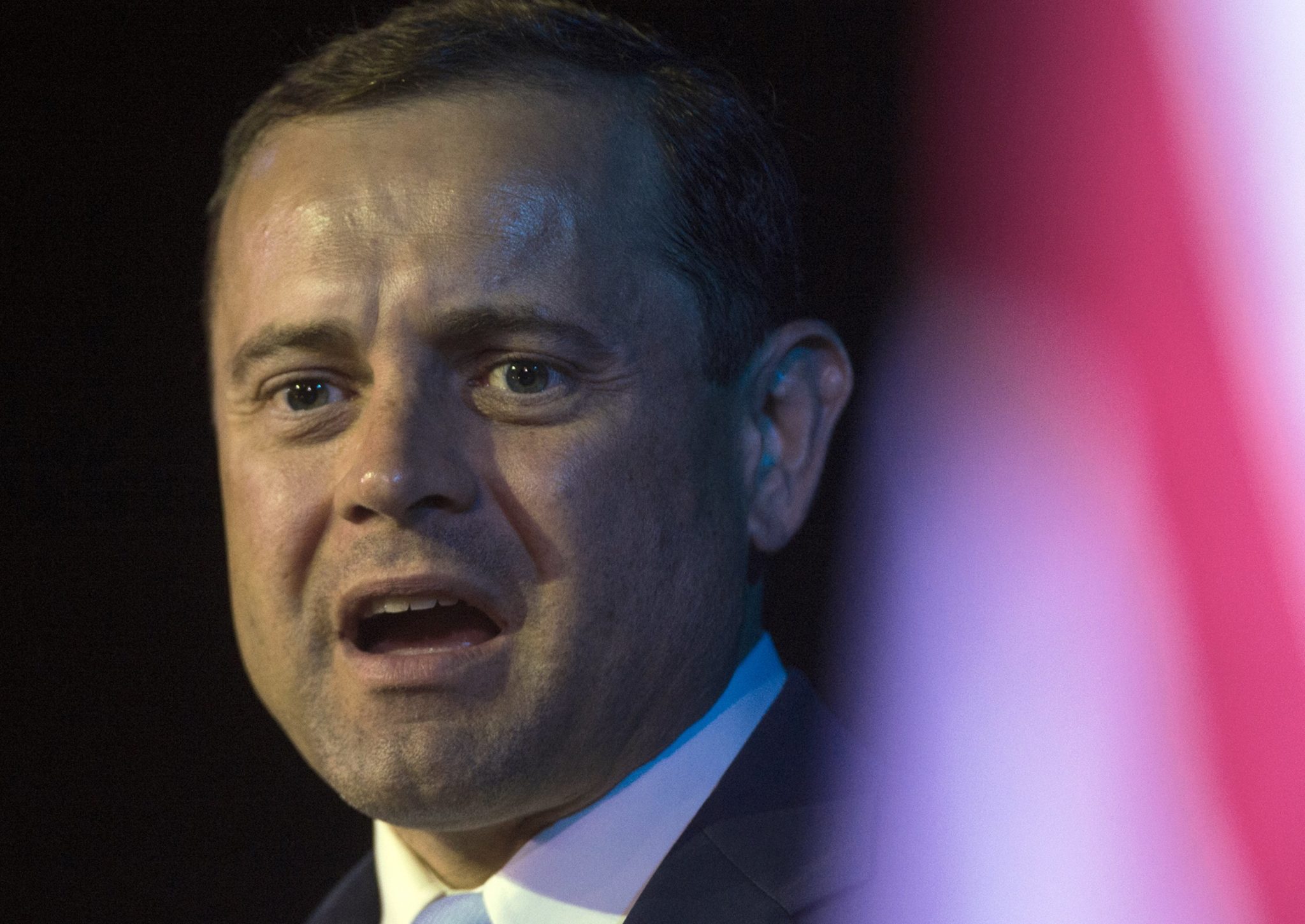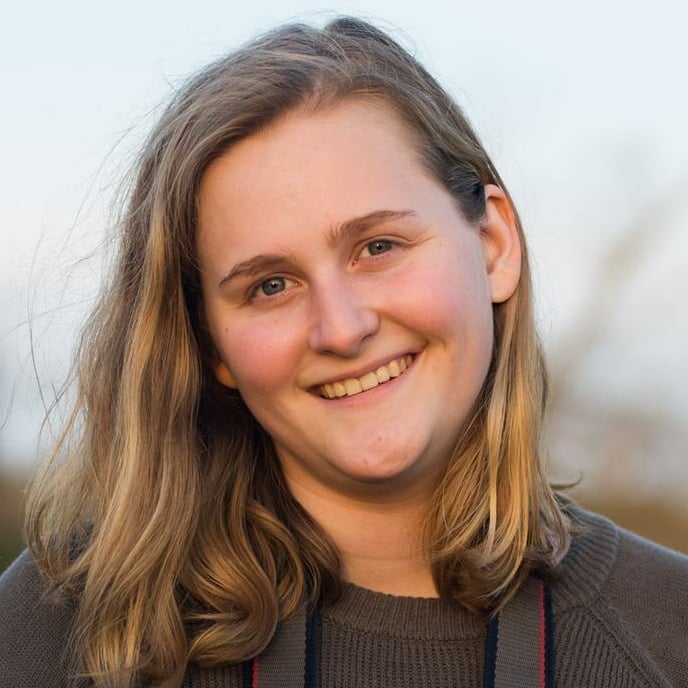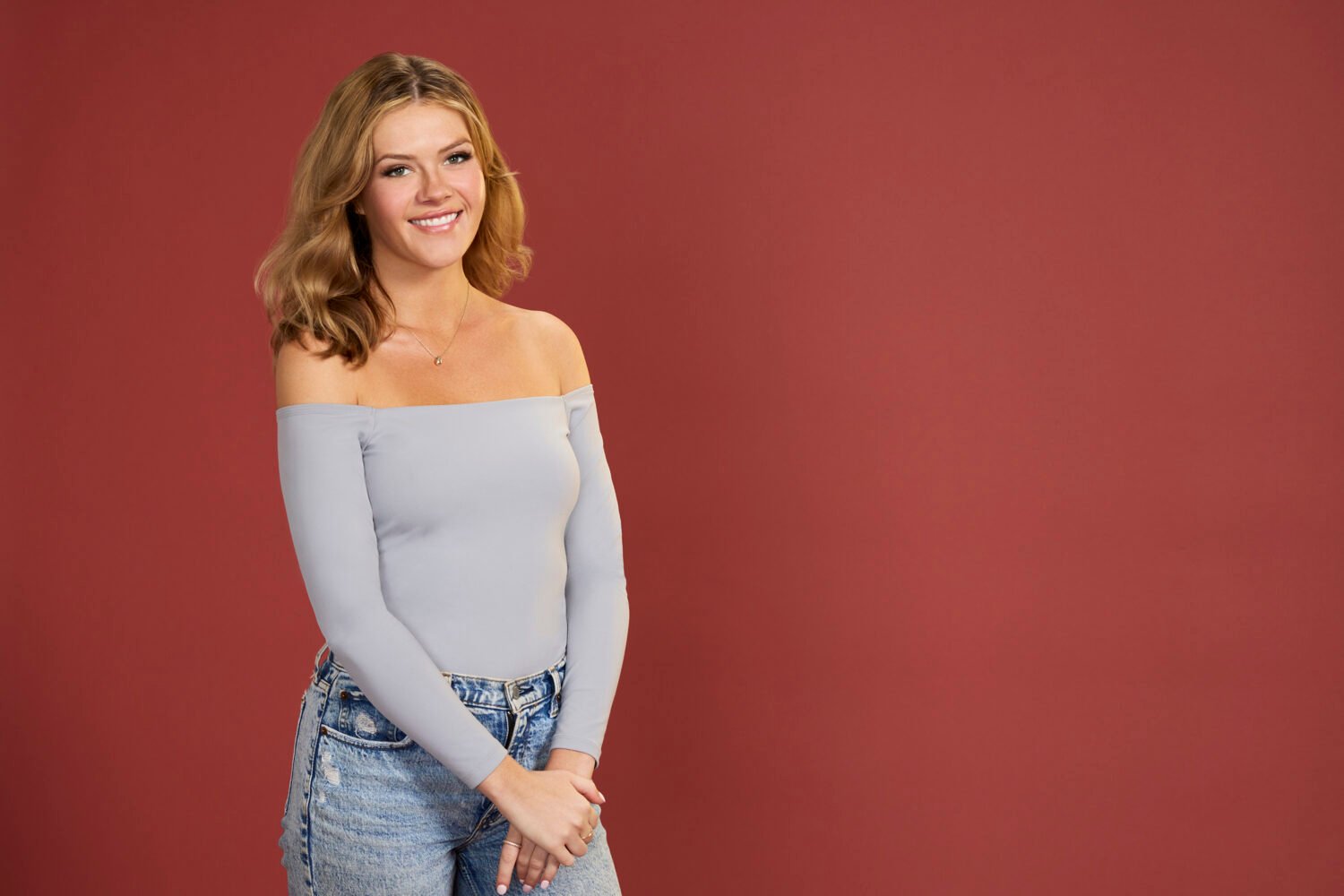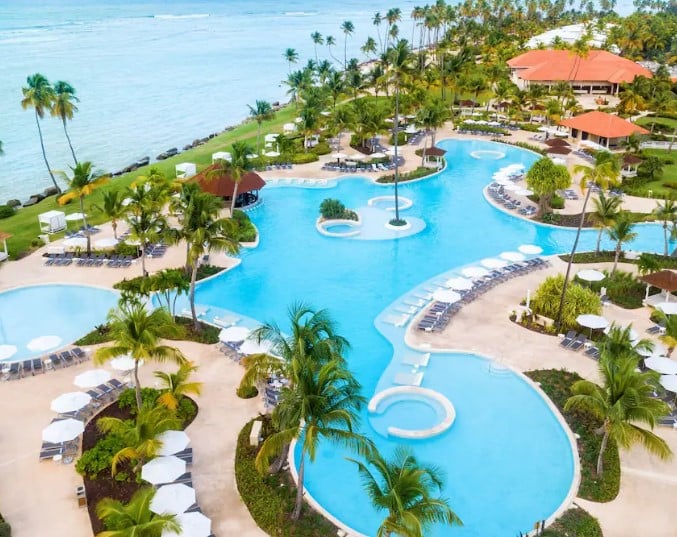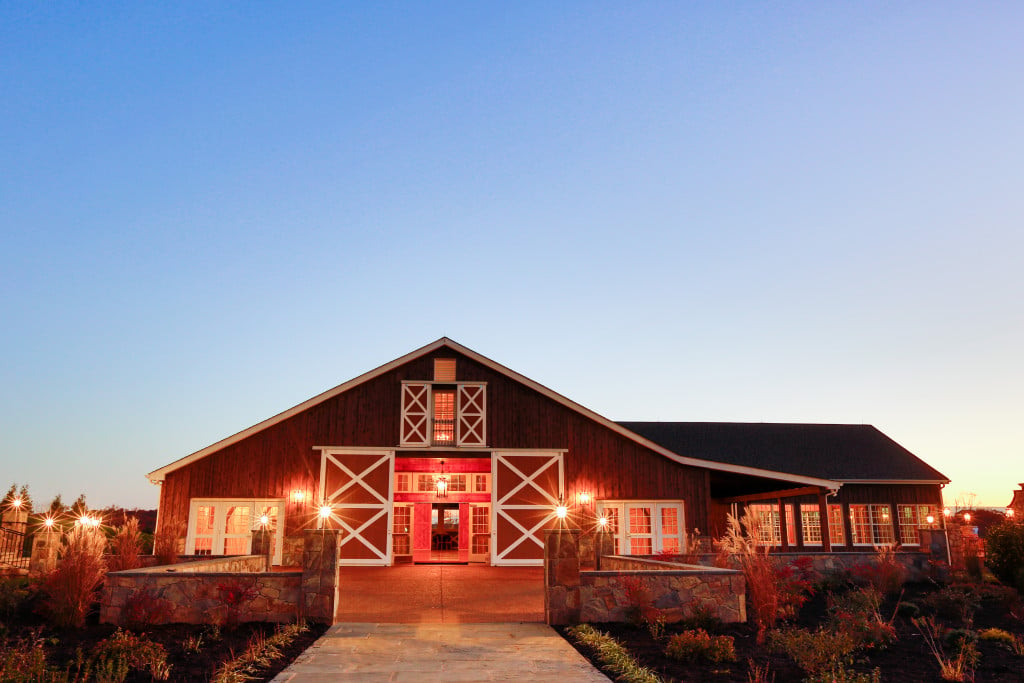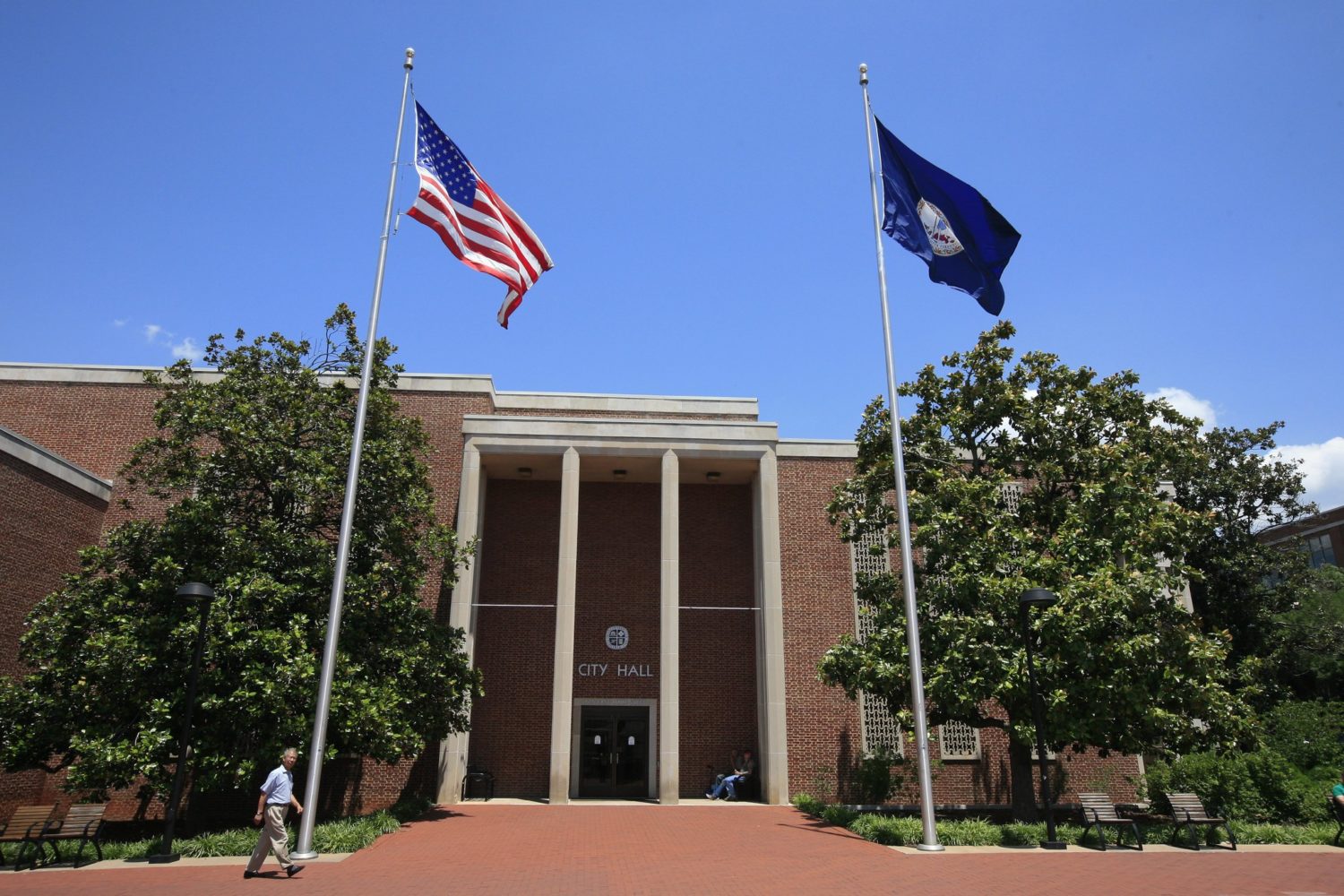Tom Perriello sees sees opposing white supremacists as a moral obligation. “When you have heavily armed hate groups marching through the street, actively embracing the symbols of fascism and a slave-owning past,” the Charlottesville native and former congressman and gubernatorial candidate says, “I believe that passivity in response is complicity in evil.” Perriello cites more reasons you should protest Sunday’s Unite the Right 2 rally in DC:
IGNORING THEM DOESN’T WORK “I think it was proven last year that the idea of ignoring white supremacists as a strategy for making them go away is an utter failure,” he says. “They kept coming back again and again and were able to shock the nation and create fear in communities of color. The notion that not showing up to confront them would somehow undermine that imagery was obliterated by the fact that some of the most fear-inducing and shocking images from the weekend were of them marching unopposed.”
BUT PROTESTING DOES “The important thing to remember about last year is that it was not a day or a weekend. It was called the summer of hate, because this was a six-month campaign by the modern Klan to build fear and recruit soldiers. It is only a from position of privilege, and, frankly, white privilege, that one could think that that’s not a scary thing,” Perriello says. “Instead, what happened was you saw the image of a community showing up across these racial, class, faith, gender lines, looking like all of Virginia, which said in such a clear way—to everyone except the president of the United States—that there is evil on one side of this divide and there is the best of us united on the other side.”
WHITE PEOPLE NEED TO BE THERE “It’s particularly important for people from the white community to show up, given that the other side is trying to claim to speak for all white people. If the response from those who care about inclusion is silence, it essentially cedes that physical space and that ideological space.” That response can vary, though. “Getting outside your comfort zone might mean raising the issue in your faith community, your workplace, or your Facebook group, rather than going to the protest, but it does mean more than simply watching on television and shaking your head.”
REMEMBER THE HEROES, TOO “I also think it’s important we hold up heroes and not just villains in this moment. There were some very brave UVA students that night who did show up, and at great risk, to protect space that in Charlottesville terms is certainly considered the secular sacred,” he says, referring to the torchlight procession across the University lawn. “I give a lot of the activists in Charlottesville a lot of credit for this: August 12 was not the first day or last day of their efforts to promote a more inclusive and racially just community. I saw people who had been protesting in the trenches for years and also people who were the least political friends I had growing up, who were so appalled by these images of people trying to take over the town, that they felt compelled for the first time to step up.”
DON’T FORGET WHAT THIS IS ABOUT Last year’s rally was not about Confederate monuments, Perriello says: it was about white power. The statues are “better described as segregation monuments, because they were in response to times of black progress and civil rights, not because of the actual Confederate history.” And it’s crucial to make that clear: “For many people who walk past these statues, especially white people, they may not see them as insidious because we walk by from a position of privilege that means we don’t need to understand what those monuments represent, which is not an accurate history, but a political struggle to deny civil rights and equality.”
HISTORY IS STILL BEING WRITTEN “I think that the legacy of last summer’s tragedy has not been determined yet,” he says. “It could prove to be a wake-up call that inspired a more inclusive and just community and country, or it could be a flashpoint of deep deterioration.” That’s what makes showing up so crucial: “The question of what that legacy ends up being is not predetermined. It’s determined by how each of us respond to that event.”

